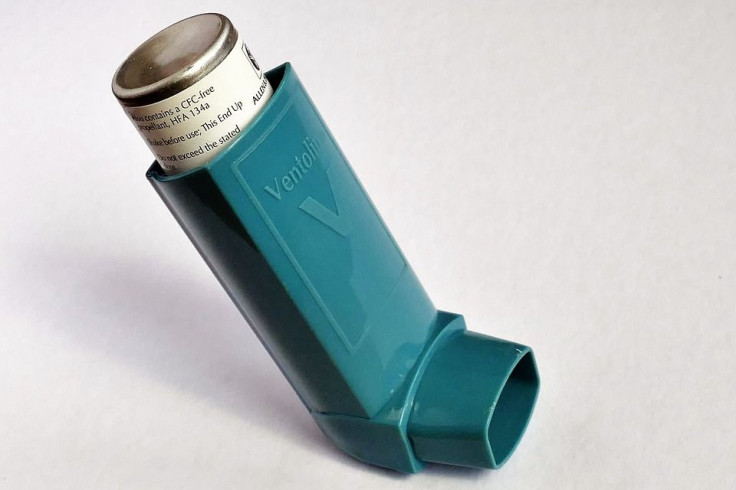Testosterone May Protect Against Allergic Asthma In Men: Male Sex Hormone Holds Key To Asthma Treatments

A team of researchers believe testosterone is the reason why females are much more prone to develop asthma after puberty than males.
In a new study on mice, scientists found that testosterone, the male sex hormone, blocks the development of an immune cell that triggers allergic asthma. This type of asthma, also known as allergy-induced asthma, is when a person’s allergy to something, such as pollen or food, causes asthma symptoms.
Read: What Is Thunderstorm Asthma? How Breathing Condition Killed 9 People In Australia
“While boys are more susceptible than girls to develop asthma, there is a switch after puberty, and then women are more susceptible and develop more severe asthma than men,” study author Cyril Seillet explains in the video below. “So we wondered if the hormones could actually modulate the immune system and explain why there is a switch in susceptibility.”
The research, published in the Journal of Experimental Medicine, states that certain immune cells associated with asthma were found less frequently in males than females. The researchers found that the immune cells ‘sensed’ testosterone, which caused them to stop multiplying.
The allergy-inducing immune cells, called innate lymphoid cells, live in the lungs, skin, and other organs. The cells produce proteins that can cause lung inflammation due to allergic asthma triggers, such as dust mites or pet hair.
Read: Asthma Drug That Can Prevent Patients From Ever Having An Attack Could Be Five Years Away
Study author Gabrielle Belz notes more research needs to be done, but she believes this finding could lead to more effective treatments for the condition.
“Current treatments for severe asthma, such as steroids, are very broad based and can have significant side effects,” Belz said in a news release. “This discovery provides use with a potential new way of treating asthma, by targeting cells that are directly contributing to the development of allergic asthma.”
Furthermore Belz notes how using a hormonal-based method of prevention or treatment has proven to be successful in treating other diseases, such as breast cancer.
About 25 million people in the United States have asthma, according to the Asthma and Allergy Foundation of America. The most common type is allergic asthma.
Some of the common triggers are cockroaches, dust mites, mold, pets, and pollen. If you have allergic asthma and one of those allergens enters your airways, your immune system reacts by causing the muscles in your airways to tighten, inflame, and become blocked with mucus. Symptoms may include coughing, wheezing, shortness of breath, quick breaths, and a tight chest.
Treatment of allergy-induced asthma involves avoiding known allergens, using various drug therapies, and creating an action plan to execute in the case of a severe attack. Asthma attacks can pose particular danger to pregnant women and their unborn children, since neither are receiving sufficient oxygen during an attack. The menstrual cycle and menopause may also affect the ability to breath among women with asthma.
See also: Asthma Attacks: 5 Surprising Triggers That Can Cause Breathing Trouble, And How To Prevent Them
Asthma Causes: Odds Of Experiencing The Condition Increase By 53% In Food Deserts



























